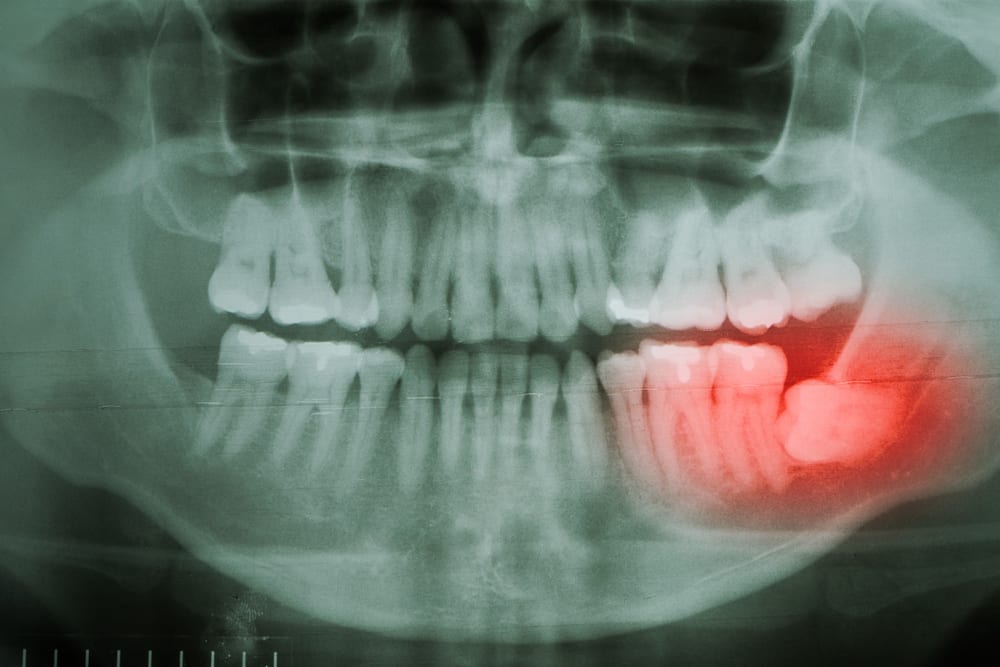Contents:
- Medical Video: 8 Warning Signs of Dengue Fever
- Get to know the symptoms of dengue fever
- When should DHF patients be hospitalized?
- Signs of serious dengue fever
- That needs to be noted if patients want to be treated as outpatient
Medical Video: 8 Warning Signs of Dengue Fever
Dengue hemorrhagic fever (DHF) is one of the diseases that is quite common in Indonesia. Usually people who get DHF are recommended to undergo hospitalization or hospitalization. However, is it true that all DHF patients must be hospitalized or can there be an outpatient and rest at home? Check out the full review below.
Get to know the symptoms of dengue fever
Be aware of the following symptoms of dengue fever. If you or the closest person shows these symptoms, see a doctor immediately.
- Headache
- Muscle, joint and bone pain
- Nausea or vomiting
- Fever
- Bruises, rashes or reddish spots appear
- Breathless
- Bleeding
In addition to checking symptoms, health workers at the health center or hospital will usually do a blood test. The blood test results will be read by the doctor to make a diagnosis whether you really have dengue.
When should DHF patients be hospitalized?
Basically, there is no medicine to cure dengue. DHF is caused by a dengue virus that has not been found until now. The treatment given to DHF patients is only to control the symptoms and condition of the patient until they recover.
Therefore, doctors may allow you to go outpatient at home. However, if you experience serious dengue, your doctor will definitely ask you to be hospitalized. Remember, only a doctor can make this choice after evaluating the condition and results of your blood test.
According to the World Health Organization (WHO), hospitalization is very necessary for people who get serious dengue fever. The problem is, DHF patients will go through critical periods for 24 to 48 hours. These times will determine the patient's chances of survival. If at this time the patient is not treated properly, the consequences can be fatal.
Whereas if a serious dengue patient is treated at home, he will not get adequate medical assistance. Assistance that is only available in hospitals includes electrolyte infusion fluids, blood pressure monitoring, and blood transfusions if the patient has bleeding. In addition, doctors and nurses are always available at the hospital to monitor and help improve your condition.
Signs of serious dengue fever
Do not underestimate the various characteristics of serious dengue. This disease can cause death if handled late or not handled properly. Therefore, DHF patients must be hospitalized if the disease is severe.
Seek emergency medical help immediately if the patient experiences various signs of serious dengue fever as follows.
- Severe abdominal pain
- Vomiting constantly
- Breath hunting
- Bleeding on the gums
- Vomiting blood
- The body is very weak
- Body temperature is not stable (fever goes up and down)
That needs to be noted if patients want to be treated as outpatient
Again, only a doctor can determine whether your condition is stable enough for outpatient care. If the doctor has allowed the patient to be treated as an outpatient, you must maintain his body fluid balance. Do not let the patient lack fluids. Because, maintaining fluid intake in the body is very important to ensure the condition of DHF patients remains stable.
You should also continue to monitor the patient's body temperature with a thermometer. If your body temperature starts to go up and down, contact your doctor immediately. In addition, make sure the patient is eating foods that are easily digested.
Aside from that, don't force yourself to take care of outpatient at home if the situation is indeed not possible. For example, no one can assist and look after patients throughout the day. Or the patient always refuses to drink and eat anything. It is recommended that patients with this condition be hospitalized so that the hospital can supervise and help patients recover faster.












